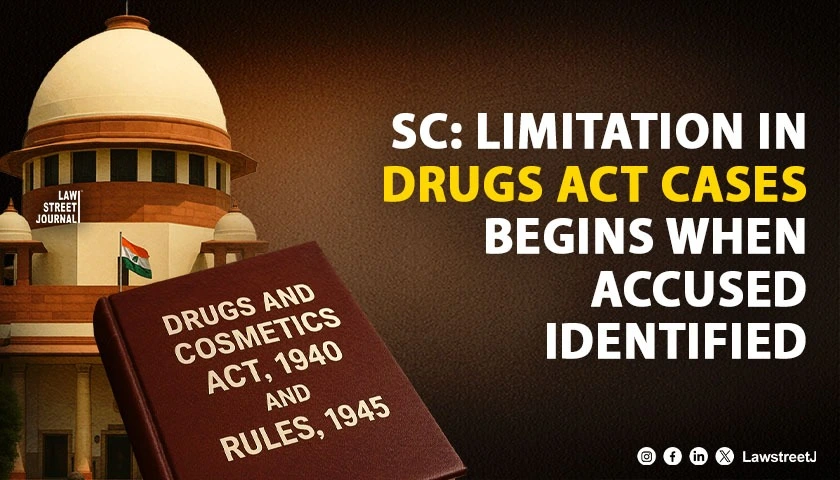The Supreme Court rejected the plea of the Centre against the judgement of the Punjab & Haryana Court for holding the judgement of enhanced custom duty from importers. Following the 2019 Pulwama terror attack, the center asked the traders to pay an enhanced custom duty of 200% on imported goods from Pakistan. The Apex Court on Wednesday (September 23,2020) came to the rescue of certain traders on who were asked to pay a high rate of customs duty and ordered the center that they will have to pay the duty under the older tariff who had already presented bills of entry of home consumption before the enhanced rate was notified in e-gazette.
On February 14, 2019, more than 40 Central Reserve Police Force (CRPF) personnel were killed in a massive terror strike at Pulwama in Jammu and Kashmir. An explosive-laden vehicle of Ajaish-e-Mohammad terrorists who forcefully rammed down into a bus carrying the security personnel. The central government later issued a notification after the two days of strike on 16 February, under section 8A of the Customs Tariff Act, 1975, introducing a tariff entry by which all goods originating and exported from the Islamic Republic of Pakistan was subjected to an enhanced customs duty of 200%.
On 26th August 2019, the High Court of Punjab was hearing a plea of the traders made against the imposition of customs duty by the Centre. The High Court held that as the importers had already presented their bills of entry before the higher rate of customs duty was imposed and not entitled or liable to pay the extra custom duty charges as mentioned by the Centre. The HC had also held that the importers were liable to pay the duty applicable at the time when the bills of entry for home consumption were filed under Section 46 of the Customs Act and had ordered the Centre to release the goods within seven days on the payment of duty 'as declared and assessed' without imposing the higher rate for customs.
The bench of Justice D Y Chandrachud, Indu Malhotra, and KM Joseph in two separate verdicts rejected the plea made by the Centre against the judgment of the High court of Punjab. The bench further stated that the importers who have already paid custom charges for their goods and have delivered their goods to them cannot be asked to pay further at a higher rate. Justice Chandarchud mentioned in his 82-page judgment that the rate of duty was determined by the presentation of the bills of entry for home consumption in the electronic form under Section 46. Self-assessment was on the basis of the rate of duty which was in force on the date and at the time of presentation of the bills of entry for home consumption. This could not have been altered in the purported exercise of the power of reassessment under Section 17 or at the time of the clearance of the goods for home consumption under Section 47.






